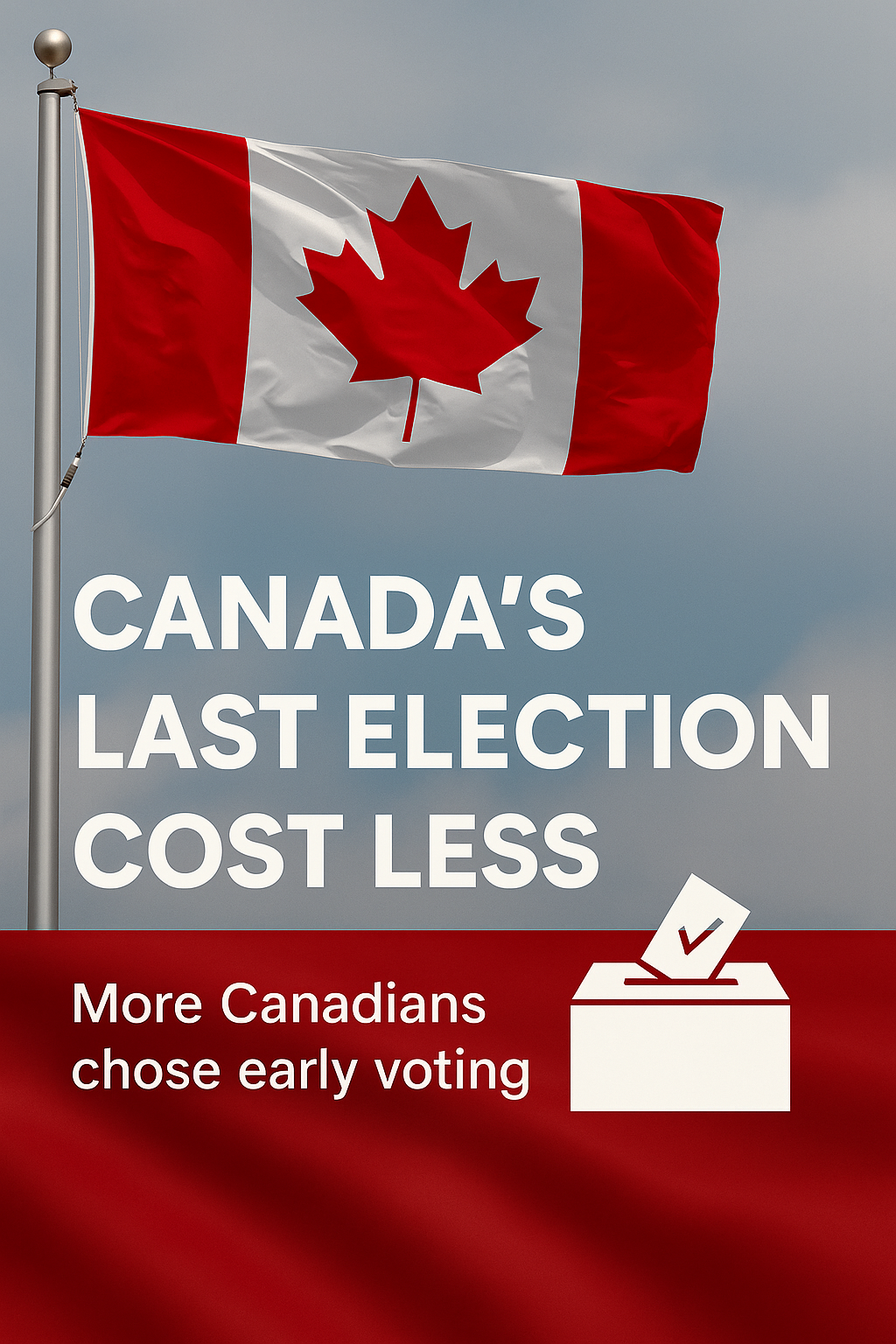Ottawa — Canada’s most recent federal election came with a lower price tag for taxpayers, even as a greater number of voters turned to early balloting, according to Elections Canada.
The agency reported that overall spending on the election was reduced compared to previous years, attributing the decline to streamlined operations, improved digital tools, and efficiency measures introduced during the campaign period. Despite the cost savings, officials emphasized that the quality and accessibility of the voting process were not compromised.
At the same time, data revealed a marked increase in the number of Canadians choosing to cast their ballots in advance polls. Elections Canada said the shift reflects a growing trend toward early voting, with many electors seeking convenience and flexibility in how they participate in the democratic process.
The rise in early voting also underscores the importance of adapting Canada’s electoral system to changing voter preferences. Officials noted that expanding access to advance polls and strengthening mail-in ballot systems will remain a priority for future elections.
Analysts say the findings highlight two key dynamics shaping Canada’s democracy: a more cost-effective election framework and a public increasingly eager to engage in the process ahead of election day. Together, these trends suggest an evolving voting culture in Canada that balances fiscal responsibility with greater voter accessibility.

